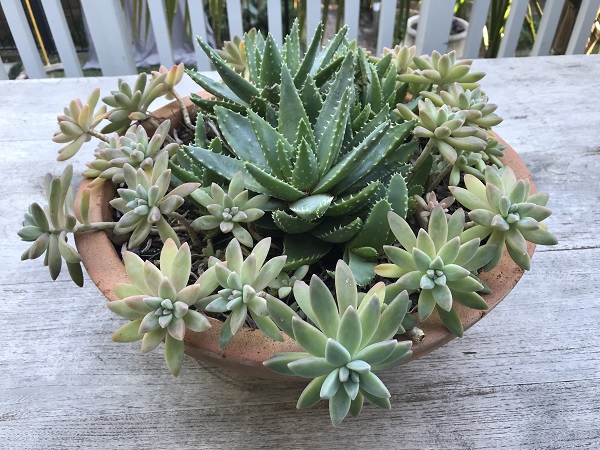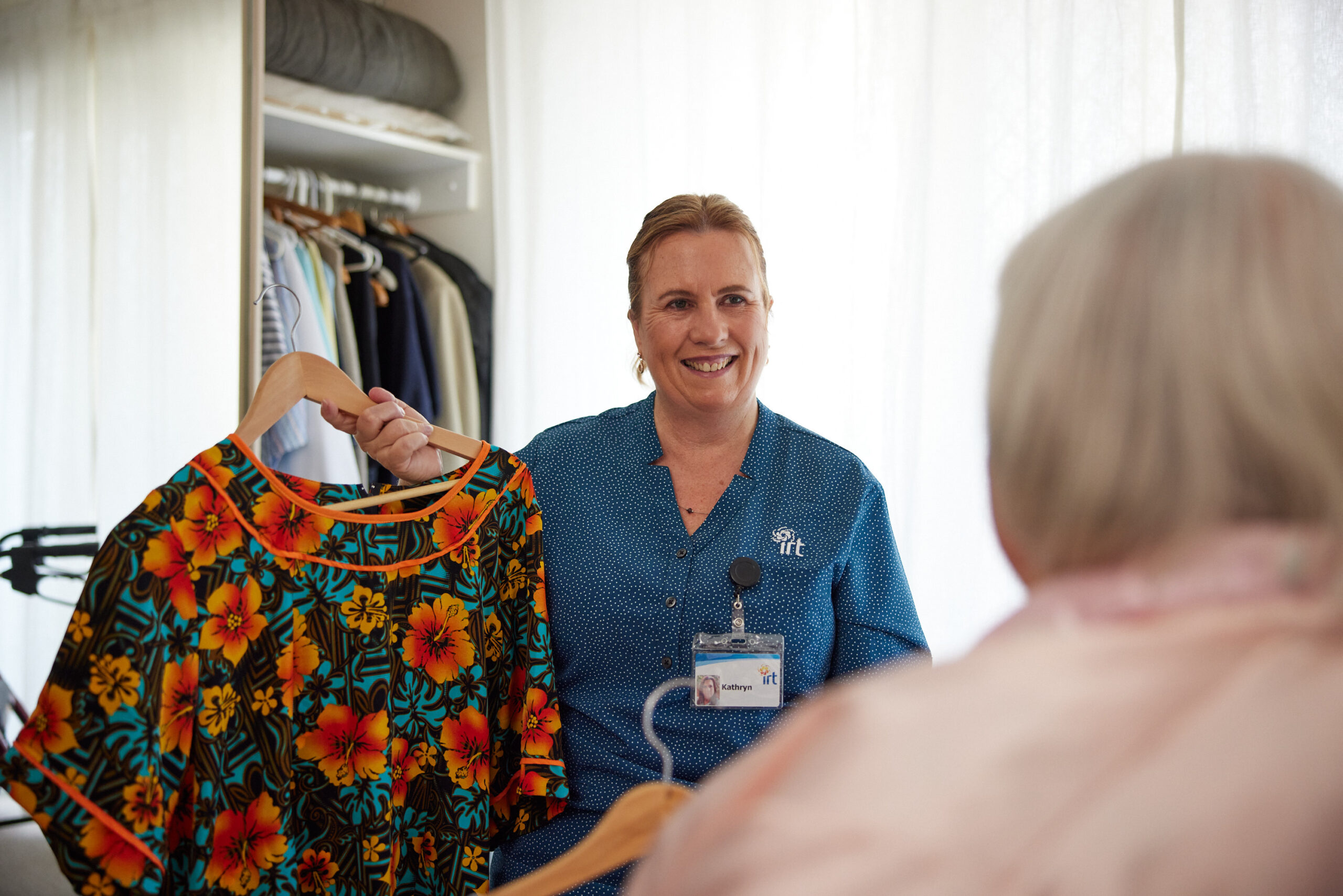What is ageism and how can we stop it?
Ageism exists in Australia and even though we may not always be aware of it, most Australians know it happens.
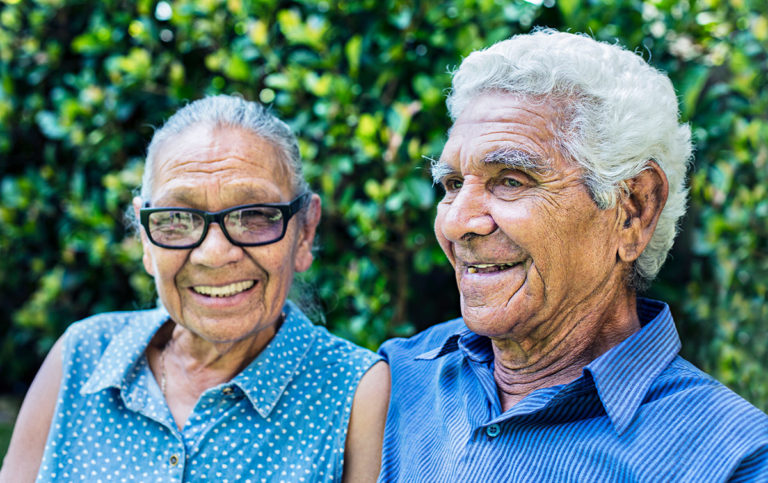
Ageism exists in Australia and even though we may not always be aware of it, most Australians know it happens. In fact, a report by the Australian Human Rights Commission (AHRC) found that 90 per cent of Australians agree it exists. A form of discrimination, it can be hard to fight as it seems in some quarters to be a part of everyday life and occurs across multiple age groups.
Here we explore the effect that ageism can have on our community and what we can do to combat the negative attitudes that exist around ageing.
What is ageism?
Ageism refers to the discrimination an individual or group experiences based on their age. Ageism can affect any age group, but is most often experienced by those who physically appear to be older.
Once an individual reaches a certain age or starts to develop grey hairs, younger generations may begin to treat these adults differently. Sometimes, this is because of the generalisation that all older people are frail based on a negative stereotype, need help and are given it – even if the older person hasn’t asked for assistance or expressed a need.
There is no definitive age when a person can be perceived as ‘old’, so ageism can occur at any point. When physical impairments and visible signs of ageing become more apparent, a person may start to notice they experience more negative attitudes.
According to EveryAGE Counts, the negative impact that ageism can have on an older person’s confidence, health, and quality of life can be profound. Ageism can also affect how we view and think about ourselves and ageing in general.
Distorted attitudes towards ageing don’t just affect individuals, they can also deny communities the benefits that older people can provide, both economically and socially.
Ageism might also be a contributing factor for older job seekers who have difficulty getting hired or re-hired. Age Matters is working with the AHRC and EveryAGE Counts to increase mature workforce participation.
What are the negative stereotypes surrounding ageing?
Ageism is not always obvious, sometimes it is subtle and often appears in the way we use language. While it may seem harmless to make a joke at older people’s expense, the reality is these jokes contribute to negative stereotypes and can distort our attitudes to older people and ageing.
Research by the AHRC shows that older Australians feel the media plays a significant role in the portrayal of older people, where they are typically shown as weak, victims, or in poor health. Social media also tends to show older people in a more negative light. With younger people more likely to engage with social media, this distortion can affect their view of older generations.
Some of the most common negative stereotypes surrounding ageing are that old people:
- Are more likely to have health issues
- Have difficulty completing complex tasks
- Don’t care about their appearance
- Are more likely to be forgetful
- Can’t hear that well
- Have difficulty learning new things
- Are bad drivers
- Don’t like change
- Complain a lot
- Have a short temper
How can I combat ageism?
Many believe there is a need for the media to provide more content based on the contributions that older people make to Australia, instead of the negative perceptions that are often reinforced by the media. This can be achieved, not just through sharing stories of the impact that older people had in their youth, but more specifically how they are currently contributing to society.
Older Australians have a wide range of knowledge and skills to pass down to younger generations through teaching and mentoring. Retirees in particular are called upon to provide support to family members, often helping look after grandchildren, but of course they are more than just baby sitters.
There are many ways to stop ageism, here are a few that can be used at any time:
- Start to recognise instances of ageism, especially those that are not obvious
- Explain why it is unacceptable when you encounter it
- Reframe your own perception of ageing and the way you think about it
- Don’t let other people’s ageism influence decisions you make about your life
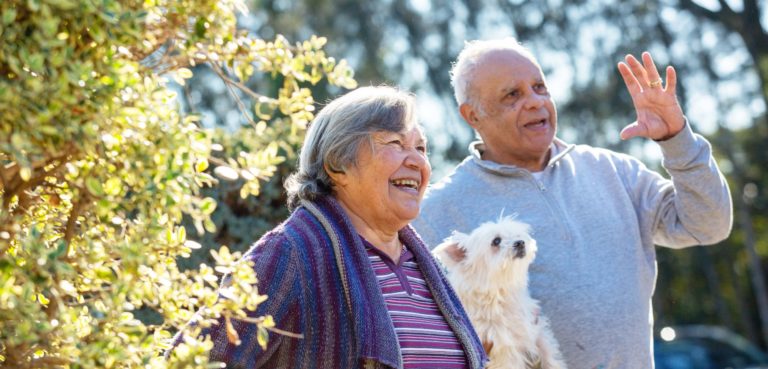
What is positive ageing?
The Australian Psychological Society defines positive ageing as “the process of maintaining a positive attitude, feeling good about yourself, keeping fit and healthy, and engaging fully in life as you age”. Ageing can bring many rewarding experiences, but it’s also associated with significant life changes.
Positive ageing is about making the most of the benefits of ageing like more free time if desired and engaging in activities you enjoy, while keeping a positive attitude through times of change or loss. This concept focusses on maintaining a growth mindset as you age to help make life experiences easier.
Studies have shown that a positive attitude towards life improves physical and mental health and enables older people to retain their control and quality of life for longer.
Tips for ageing positively
As you age, you may face challenges with some of the changes you’ll experience. Adjusting to retirement, bereavements, new living arrangements, and health and ability changes can cause any number of issues.
Embracing the changes and adapting to your situation with positivity will help you recognise your strengths instead of focussing on the negatives. Some good attitudes to adopt to help keep a positive mindset while ageing include:
- Keep learning
- Having a sense of humour
- Maintaining healthy social relationships
- Being adaptable
- Finding ways to relieve stress
- Having a clear sense of purpose
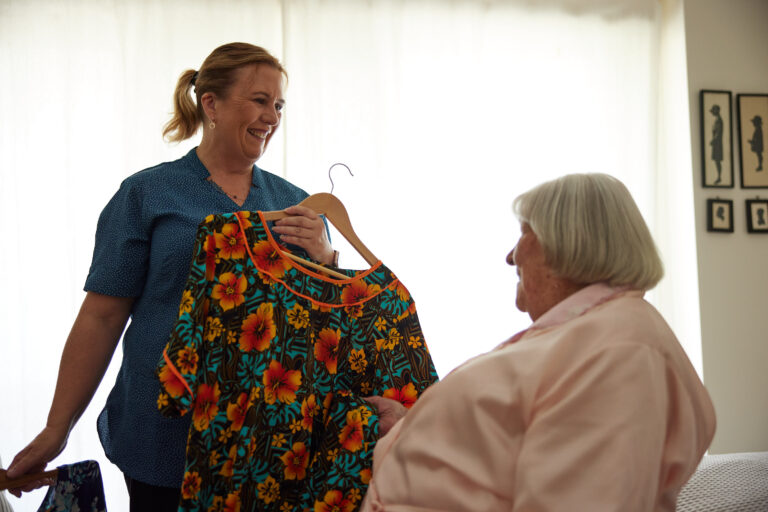
Need some assistance in your home?
We’ve been supporting older Australians for more than 30 years with home care services offered throughout NSW, Qld and ACT. Find out how you can keep living independently at home with a little help from IRT.
Find out moreYou may also like
Down in the garden
In this special gardening feature, IRT Maintenance Gardener Brian Wardhaugh explores how gardening and creativity go hand-in-hand.
Signs it's time to apply for (or upgrade) your home care package
In this article we explore the signs which might indicate it's time to apply for or upgrade home care services and what support is available…
